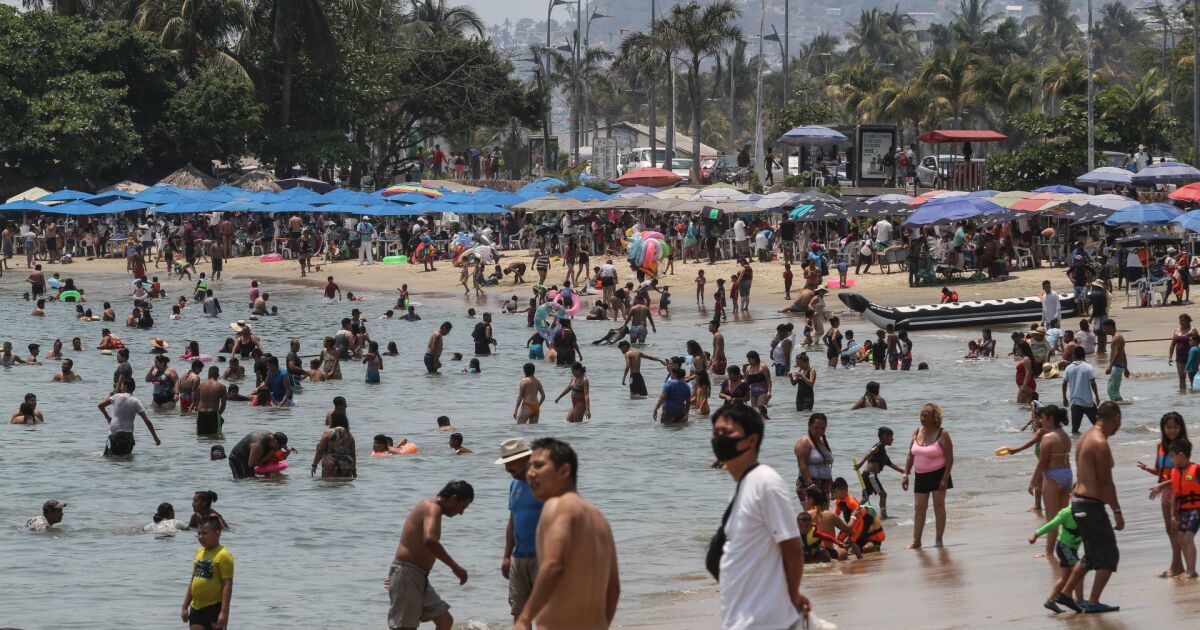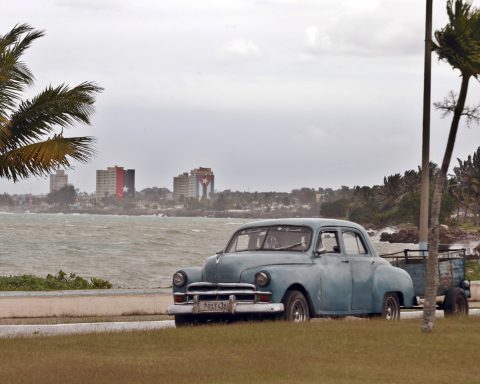A community integrated to the needs of each of its members is also a reflection of the consolidation of participatory citizenship, which places collective requirements in crime prevention at the center of attention.
In particular, before going on vacation, the operation of doors, windows and bars should be checked, and if possible, light sensors and a remote video surveillance system should be installed.
The fact that people are more attentive to their surroundings has made it possible to reduce another common crime during the vacation period: robbery from passers-by, which has dropped by 40.6% since 2019.
On the other hand, ATM users must implement more security strategies since the average number of robberies has remained similar in the last three years. Hence the importance of choosing shopping malls, checking the environment before entering or leaving, not counting money in a visible way and avoiding using this service at night.
Another common crime is telephone fraud, of which, according to data from the Citizen Council, more than 70% remain attempted. Criminals pose as a family member with economic difficulties to reach their destination or as tourist agencies with vacation offers at incredible prices. The first modality fails if the person receiving the call hangs up and verifies the information with their relative, while the second depends on the prudence that is exercised when recognizing an incoherent or unrealistic offer.
Verifying the optimal conditions of a car before traveling not only prevents accidents but also assaults. A broken down vehicle is a situation that criminals take advantage of to pretend they are mechanics or travelers who are going to provide assistance and perpetrate the robbery.















